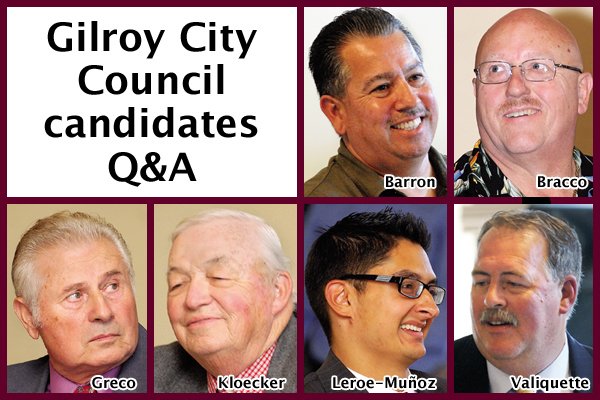Proposition 16, the Pacific Gas and Electric Co.-backed measure
that would make it more difficult for public power agencies to
expand into new territory and discourage municipalities from
starting their own utilities, has a slight lead tonight in early
statewide returns.
Yes votes accounted for 52 percent of the total with 1,970
precincts of 22,894, or 8.6 percent, reporting.
Proposition 16, the Pacific Gas and Electric Co.-backed measure that would make it more difficult for public power agencies to expand into new territory and discourage municipalities from starting their own utilities, has a slight lead tonight in early statewide returns.
Yes votes accounted for 52 percent of the total with 1,970 precincts of 22,894, or 8.6 percent, reporting.
Proposition 16 – formally known as the Taxpayers Right to Vote Act – was put on the California ballot as a constitutional amendment requiring a two-thirds vote before a public utility could extend service to new customers or new territories.
From the beginning, it was spearheaded virtually single-handedly by San Francisco-based PG&E, which spent more than $45 million to persuade voters to approve it.
Some public policy analysts contended that the massive effort by PG&E dated back to 2006, when the state’s biggest for-profit utility spent $13 million persuading local voters to reject the Sacramento Municipal Utility District’s attempt to expand into PG&E’s territory in eastern Yolo County.
Proposition 16 opponents pointed to comments PG&E CEO Peter Darbee made earlier this year to investors as smoking-gun evidence that SMUD’s 2006 campaign prompted PG&E to guard its territory with a ballot measure.
Critics – which included the League of Women Voters of California, the Agricultural Energy Consumers Association and the California Tax Reform Association – characterized Proposition 16 as a blatant power grab, a move by PG&E to safeguard its monopoly in areas where it already provides service.
While it contains various exceptions, current law generally requires only that municipal utilities obtain a majority vote in the new territory they are proposing to serve.
Proposition 16 called for municipal utilities seeking to expand to obtain a two-thirds vote in both the area they already serve, and the one into which they want to move – a supermajority that opponents claimed PG&E competitors would never be able to obtain.
PG&E countered that Proposition 16 was simply good policy for situations in which millions of electric customers and taxpayer dollars are on the line. The utility said voters should have a say about public entities getting into the power business.
Measure supporters included the California Taxpayers’ Association and the California Chamber of Commerce. The Sacramento Metro Chamber of Commerce came out against it, however.
PG&E spent millions on an advertising campaign that stressed voter and taxpayer rights. The utility insisted that consumers need to have a rightful say in how they receive electric power and how public dollars are used.
To that end, PG&E paid for TV commercials and home mailings to hammer home the message that citizens needed to defend their power at the ballot box.
Public utilities such as SMUD could not compete with PG&E’s spending. SMUD noted that it was forbidden to spend public dollars on a ballot initiative.
Yet SMUD pushed back in other ways. Its board formally opposed Proposition 16, and SMUD was among a group of California public utilities that filed suit in March in an unsuccessful attempt to disqualify Proposition 16 from the ballot.















